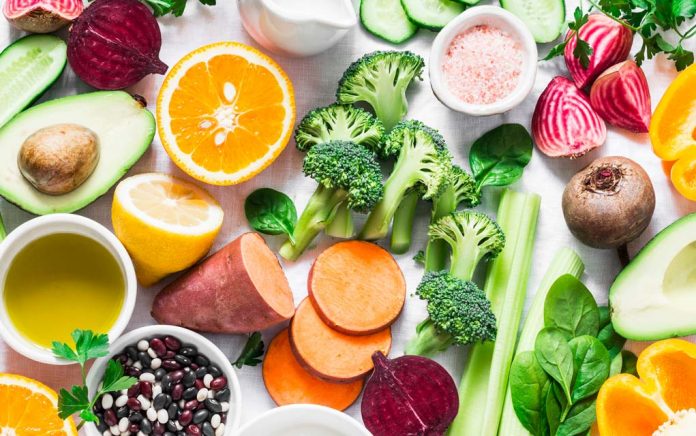
A few questions likely come to mind when you see the question, “are you eating methyl donor foods?” and that’s to be expected. After all, what are methyl donor foods? Is there a specific reason why you should be eating them? Should everyone be eating methyl donor foods?
You may have noticed that Naturally Savvy has published a few stories about MTHFR gene mutations and methylation, and so now seems like a great time to introduce the topic of methyl donor foods to tie it all together. I hope you will bear with me a bit because there is a little organic and biochemistry involved, but I’ll make it as painless as possible.
Read about how to know if you have the MTHFR gene defect
What does the term “methyl” mean?
Here’s where some organic chemistry comes into play. “Methyl” refers to nutrients that are involved in a biochemical process called methylation. During methylation, a process that is critical for healthy bodily functioning, chemicals are added to and bond with proteins, DNA, or other molecules. Methyl donors are composed of a carbon atom attached to three hydrogen atoms, signified as CH3.
Why are methyl donor foods important?
Before we even discuss what methyl donor foods are, it’s good to know why you should even care about them. These foods contain nutrients such as vitamin B6, vitamin B12, folate, choline, and methionine, an essential amino acid that is used in the production of proteins. Other nutrients involved in methylation include N-dimethyl glycine (DMG), S-adenosylmethionine (SAM-e), and dimethyl-amino-ethanol (DMAE).
Although experts have not yet completely identified how methylation works, it is known that it is intimately involved in the metabolism of DNA and lipids and appears to help prevent the expression of cancer genes and thus development of cancer. In fact, methyl-related nutrients have been associated with a reduced risk of pancreatic, colon, and breast cancers.
It’s suspected that the ability of the body to perform methylation declines with age, which means eating plenty of methyl donor foods could be beneficial in helping prevent diseases such as Alzheimer’s and heart disease. Methyl donors also assist in the production of several brain chemicals (e.g., dopamine, epinephrine) that are involved in energy, alertness, concentration, mood, and visual clarity, which also are involved with depression and dementia.
Read about eating to stay young: anti-aging foods
Which foods are good methyl donors?
Finding foods that are good sources of methyl donors isn’t difficult because there are so many from which to choose! For example, I’m sure you’ll discover favorites in these categories:
- Folate: chickpeas, lentils, pinto beans, leafy greens (e.g., spinach, kale, collards, mustard greens, bok choy), strawberries, and citrus (e.g., grapefruit, oranges, lemons)
- Vitamin B6: grass-fed beef, pistachios, pinto beans, avocado, blackstrap molasses, tuna, sunflower seeds, sesame seeds
- Vitamin B12: fish, organic meats, seaweed (laver and nori), eggs
- Methionine: Brazil nuts are a super source, while other excellent to good sources include sesame seeds, roasted soybeans, parmesan cheese, tuna, eggs, and white beans
- Choline (which oxidizes to a methyl called betaine, aka trimethylglycine (TMG): beets, Brussel sprouts, broccoli, liver, eggs, raw cauliflower, cooked beet greens, cooked asparagus
- DMG: beans, brown rice, pumpkin seeds
- DMAE: anchovies, salmon, sardines
- SAM-e: Although there are no direct food sources of SAM-e, it is a compound made from methionine, so it is acquired indirectly
A good balance of methyl donor foods, as part of a natural foods diet, can help promote and support proper methylation. In addition, getting a sufficient amount of probiotics (beneficial bacteria, which help produce and absorb B vitamins) as well as zinc and magnesium (which support methylation) can be advantageous to your health.
SourcesCorey M. Methylation: why it matters for your immunity, inflammation and more. MindBodyGreen 2015 April 9
Sahelian R MD. Methyl donors for more energy and mood, review. 2016 Feb 19
Stevens A. Methyl diet. Livestrong 2017 Aug 14










